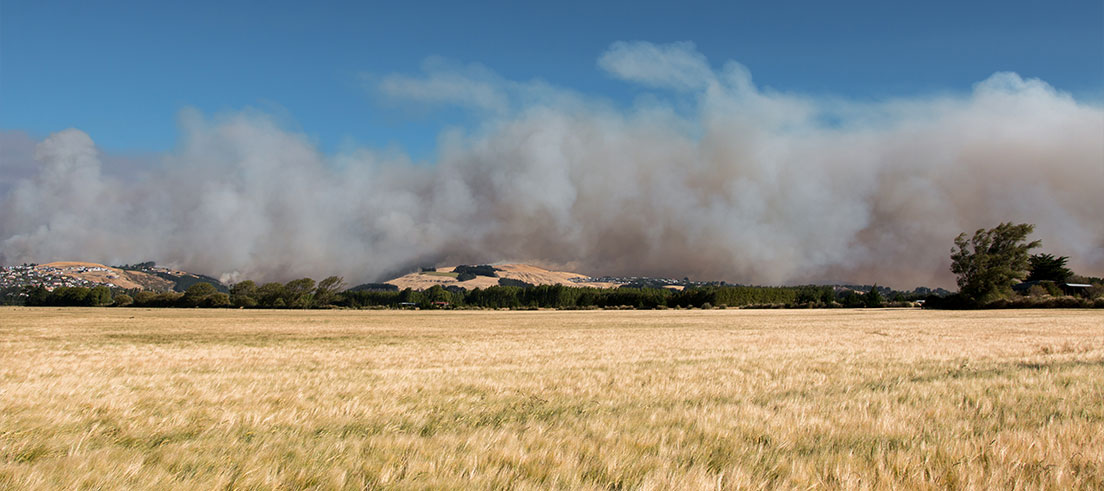Source: NZ Music Month takes to the streets
Deputy Prime Minister and Foreign Minister Winston Peters will visit Australia, Sri Lanka, Nepal and India from later this week.
Mr Peters is travelling first to Adelaide to undertake six-monthly Australia-New Zealand Foreign Ministers’ Consultations with his Australian counterpart, Penny Wong.
“New Zealand’s partnership with Australia is our closest and most important,” Mr Peters says.
“We consider it vital to get across the Tasman as soon as possible after Australia’s general election to make plans for the period ahead. Our cooperation with Australia has never been more important as we navigate an ever more challenging, uncertain and disordered regional and global landscape.”
Mr Peters then travels to South Asia, with programmes in Sri Lanka, Nepal and India.
“We are committed to bringing greater focus and energy to New Zealand’s relationships with South Asia.
“New Zealand must work alongside partners to contribute to a stable, secure and prosperous Indo-Pacific,” Mr Peters says.
In Colombo, Mr Peters will undertake the first visit by a New Zealand Foreign Minister to Sri Lanka since 2013, meeting President Anura Kumara Dissanayake, Prime Minister Harini Amarasuriya and Foreign Minister Vijitha Herath.
“New Zealand and Sri Lanka have invested considerably in boosting our bilateral relationship over the past five years, including by opening High Commissions in Colombo and Wellington. This visit will provide political momentum and leadership to that process.”
In Kathmandu, Mr Peters will undertake the first ever visit to Nepal by a New Zealand Foreign Minister, meeting President Ramchandra Paudel, Prime Minister KP Sharma and Foreign Minister Rana Deuba.
“This visit will reflect on the special relationship between New Zealand and Nepal, coinciding with the anniversary of Tenzing Norgay and Edmund Hillary’s ascent of Mount Everest. It also reciprocates a visit to Wellington by Nepal’s Foreign Minister last year.”
Mr Peters will then travel to New Delhi to meet External Affairs Minister Subrahmanyam Jaishankar.
“Over the past 18 months, New Zealand and India have worked hard to build a stronger, broader-based relationship for mutual benefit. This visit will take stock of our progress.”
Mr Peters departs New Zealand on 23 May and returns on 31 May.
